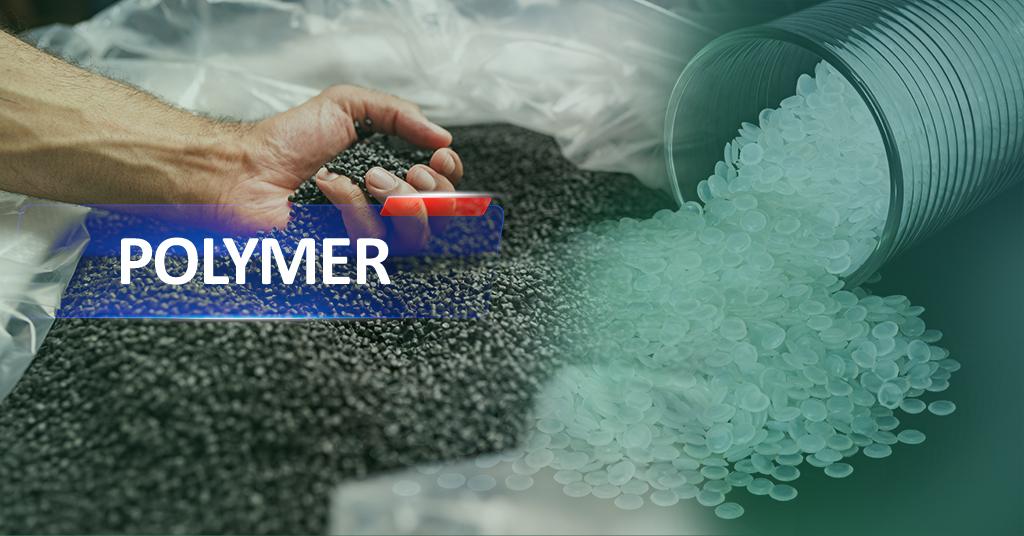Welcome To ChemAnalyst

To secure raw materials for its planned molecular recycling facility in Normandy, France, chemical manufacturer Eastman recently signed a long-term supply agreement with Interzero Plastics Recycling.
The new plant will receive up to 20,000 MT/year of PET household packaging waste from Germany-based Interzero. Eastman's Normandy facility, expected to be completed in 2025, will be the world's largest material-to-material molecular recycling plant, processing approximately 160,000 tonnes/year of polyester debris.
"Eastman has decades of innovation expertise and is a leader in molecular recycling." The next step in closing the loop with our partners and a step closer to a world without waste is joining forces by combining the leading know-how of Eastman and Interzero," stated Jacco de Haas, chief commercial officer for Interzero Plastics Recycling, in a press release. Too little plastic waste is recycled, either because it is not collected enough or because it cannot be recycled using traditional methods. As a result, the world is facing a plastic waste crisis. Eastman's novel approach and the agreement provide a remedy for this."
Clear and transparent rPET will be produced from colored and opaque PET waste that cannot be recycled mechanically. The polyester renewal technology developed by Eastman separates waste into its molecular components and reassembles them into recycled materials.
In a statement, Eastman's executive vice president and chief commercial officer Brad Lich said, "Interzero and Eastman are committed to reducing plastic waste and creating circularity through collaboration and innovation. "Eastman's investment in France has reached a significant turning point thanks to this agreement. We are pleased to have established a strong partnership with Interzero in Europe to supply a portion of the feedstock required for our facility's successful operation. The collaboration demonstrates how mechanical and molecular recycling complement one another and how crucial collaboration is to achieve true circularity.
Besides this, Eastman, Carbios, and loop industries would be setting up their plants in France by 2025.
Chemical recycling facilities still have lower operating capacities than mechanical recycling facilities, and Europe has a lower capacity than some other regions, like Asia-Pacific and North America, at less than 100,000 tons per year. Given the announced projects and assuming that sufficient quantities and qualities of feedstocks can be sourced to feed those plants, capacities are anticipated to rise rapidly.
We use cookies to deliver the best possible experience on our website. To learn more, visit our Privacy Policy. By continuing to use this site or by closing this box, you consent to our use of cookies. More info.
